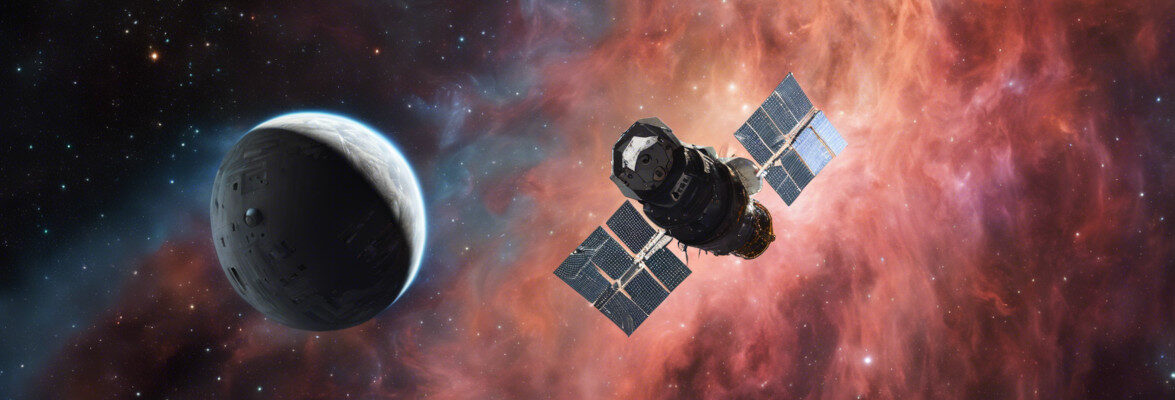
The second of the two satellites of the Galileo constellation launched into a wrong orbit on August 22, 2014 has been recovered. In mid-January a series of 14 maneuvers was started that altered its orbit until it became the same as its “twin” after about six weeks. Now these two satellites have a mirror orbit, on opposite sides of the planet.
The flaw of the Fregat upper stage of the Soyuz rocket created a big problem by putting the two satellites in a very elongated orbit. There were problems in using their instruments and they passed continuously through the Van Allen belts, where radiation is stronger, resulting in problems of wear. Not a good start for the Full Operational Capability (FOC) phase of Galileo, the European Union’s alternative to the American GPS.
The only good news was that the two satellites were working so a plan was conceived to change their orbit to allow them to get integrated into the Galileo constellation together with the four satellites launched in recent years. The final orbit isn’t the one originally planned because they didn’t have enough fuel for such radical changes but in that situation recovering the satellites was already a great result.
The maneuvers performed to recover the first of the two satellites were successful. The orbit reached it allowed its use and the tests also gave positive results. At that point, at ESA they decided to proceed with the recovery of the other satellite.
Now that the corrective maneuvers have been completed, at the ESA center in Belgium the operational test will be carried out to verify the quality of the satellite’s signals. In the end, the final decision about using them will be up to the European Commission since the European Union owns the Galileo system and ESA runs it on its behalf. Test results on the ability of satellites to provide navigation data and Search And Rescue (SAR) services will determine this decision.
If the two satellites may be used, it will be a positive result even if the use of fuel made in the corrective maneuvers will shorten their life. That’s because they will have fewer possibilities to make additional maneuvers to stabilize their new orbits. At this point, however, the important thing is that ESA can proceed with the plans for the Galileo system, which already had some years of delay.
[ad name=”AmazonScience”]

